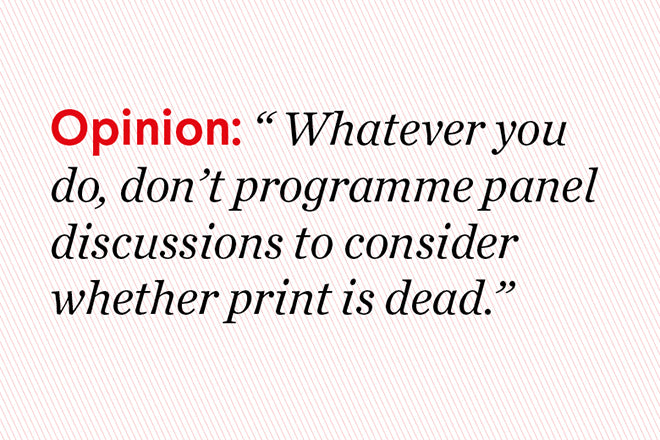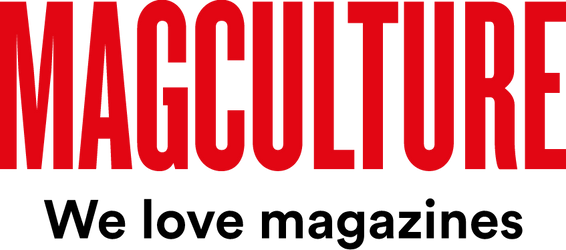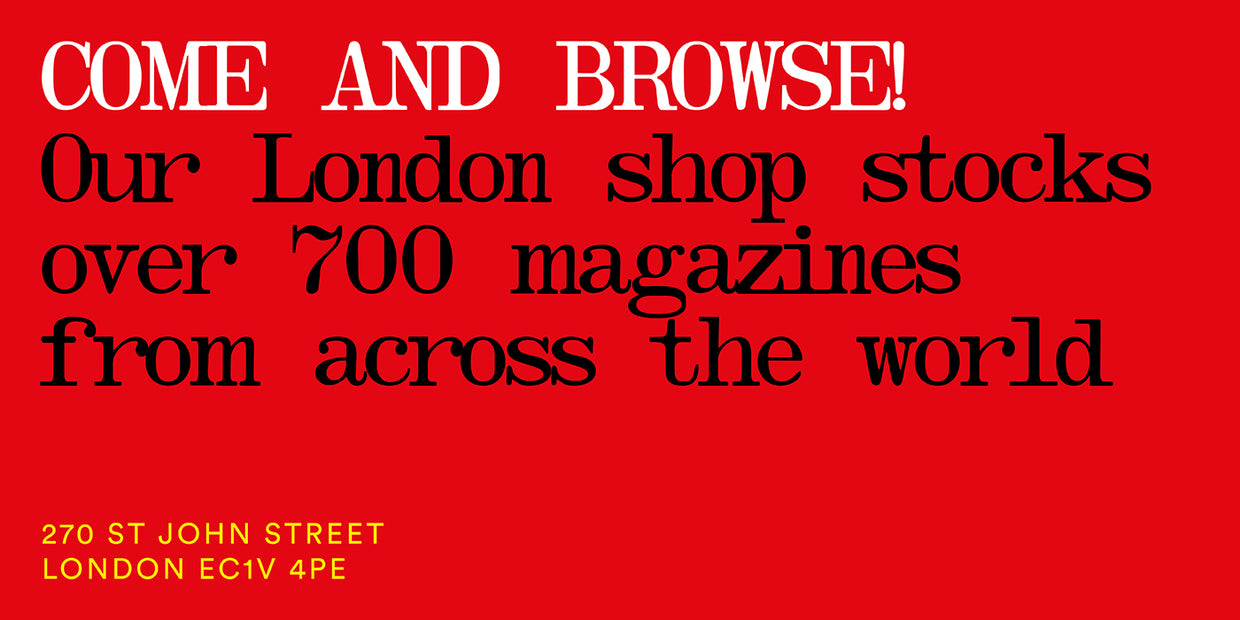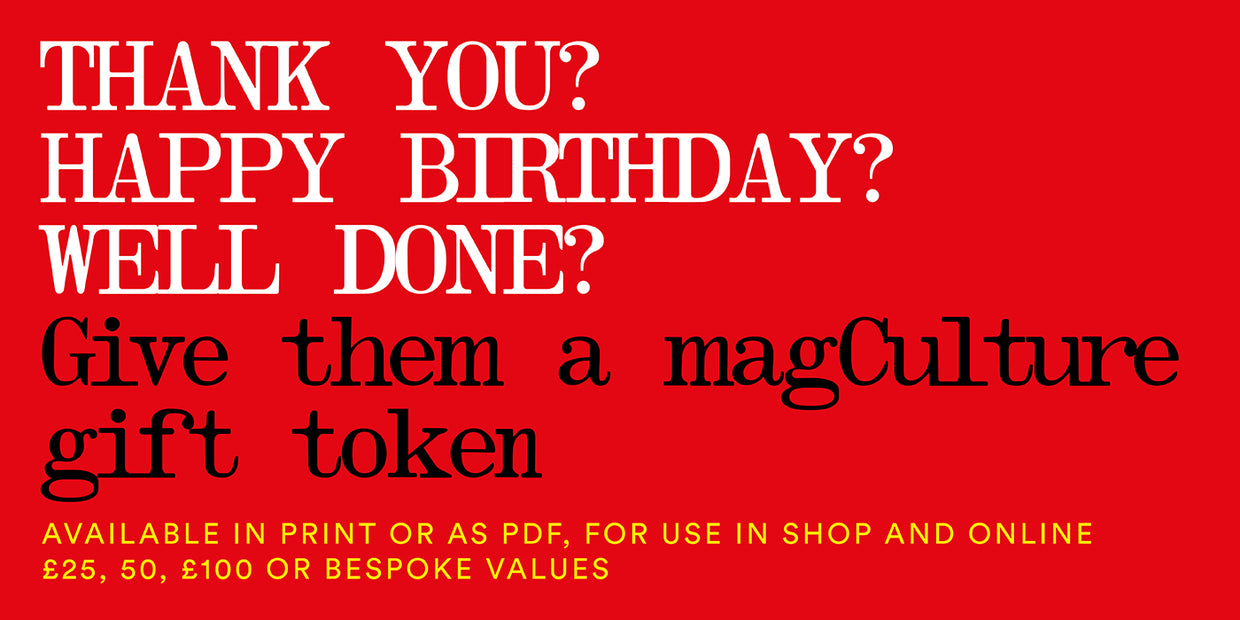
Magazine conferences
For the second of his monthly Opinion pieces, Rob Alderson notes the ever-growing number of magazine conferences and offers some timely advice to organisers, speakers and audience alike.
One of the best jokes I have seen in a best man’s speech came at the wedding of someone who our entire friendship group is convinced is a spy (with basically no justification). This was referenced at the start of the speech by the best man, who said that the secret service would be keeping an eye on proceedings. A few minutes later as he launched into a new anecdote, sniper-style red dots appeared on the best man’s forehead from a well-placed accomplice at the back of the room.
Maybe you had to be there, but this came back to me when I told Jeremy I wanted to write a column on magazine conferences, to be published just a few weeks before magCulture’s very own symposium The Modern Magazine.
But I have no intention of criticising any event, and I admire and applaud anyone who puts one on. It is exciting to see more magazine conferences than ever before, taking place throughout the year and all over the world, from Facing Pages in Arnhem to The U Symposium in Singapore. Germany alone boasts two excellent offerings in IndieCon and QVED.
But as someone who has helped organise conferences, been lucky enough to speak at a few, and attended many others either as a journalist or a paying punter, I do believe it’s necessary to have an honest discussion about what these events are trying to achieve. At their best they can be inspiring, insightful and entertaining days where you come away with renewed vigour for the magazine-making process. But at their worst, and I think it’s important to acknowledge this, they can be dull, cliche-ridden and even misleading.
Too often the most interesting things I hear at conferences happen away from the stage, in conversations over beers which are much more nuanced than the narratives people prefer to programme, present and listen to.
The apogee of this is the “Work with good people” slide. Presented as practical advice in any number of talks, this is as pointless as it is patronising. Of course magazine-making is a collective effort and it’s always interesting to hear how different talented people help shape the final outcome, but “work with good people” is a banality that means little and adds nothing. Work with good people you say? Well this is a turn-up for the books. I may have to rethink my previous policy of working cheats, liars and idiots.
The best talks I have seen from magazine-makers over the past few years have been genuinely electrifying – Matt Willey and Veronica Ditting at Offset, Chris Ying and Penny Martin at The U Symposium, Justine Picardie and Richard Turley at MagCulture’s first Modern Magazine. So with this in mind, here are some thoughts for how we can all try to make these events better:
1. Organisers
There are certain people who give talks at lots of different events, either because they are blisteringly good speakers or because their publication is particularly impressive (often a combination of both). These people are a great draw and more often that not live up to their billing. But it’s vital that people get to see new people and hear new voices too; whether that’s young magazine-makers with interesting stories to tell or those based elsewhere who don’t often give talks outside their home countries. Also it’s vital brief speakers properly and try and make sure that we’re not going to hear what are essentially five variations on the same talk throughout the day.
Oh, and whatever you do, don’t programme panel discussions to consider whether print is dead.
2. Speakers
Don’t trot out the same talk you’ve given before word for word, audiences can tell. Don’t glamorise what you do at the expense of any sense of reality – making a magazine is really fucking hard work and some of the most interesting talks I have seen tackle this head-on. Don’t play really long videos that we can find online. Showing us great-looking stuff so we can bask in your brilliance isn’t really enough: we know you’re brilliant, that’s why we’re hanging on your every word. Tell us something we don’t know.
3. Audience
Don’t ask questions that are essentially rambling point-scoring exercises and/or self promotional statements. Challenge things you don’t agree with. And most importantly give the organisers feedback. Most events have some sort of feedback form they send out to delegates after the event and I can’t tell you how useful it is to get considered and constructive thoughts from ticket-buyers, whether that’s positive or negative.
The very best thing about working in magazines is the camaraderie, swapping sales of triumph and disaster with each other and treating these two imposters very much the same – laughing at them and learning from them. Sometimes I feel this honesty, this supportive experience and this shared sense of struggle gets a little bit lost once magazine-makers get up on stage.


